Prologue:
In India’s rapidly expanding gig economy, the need for worker unions is becoming increasingly apparent. As gig work becomes a more significant part of the employment landscape, ensuring that these workers have a voice and the ability to advocate for their rights is essential. Unions provide a platform for this advocacy, helping to balance the scales between workers and employers in a system that currently favours the latter.
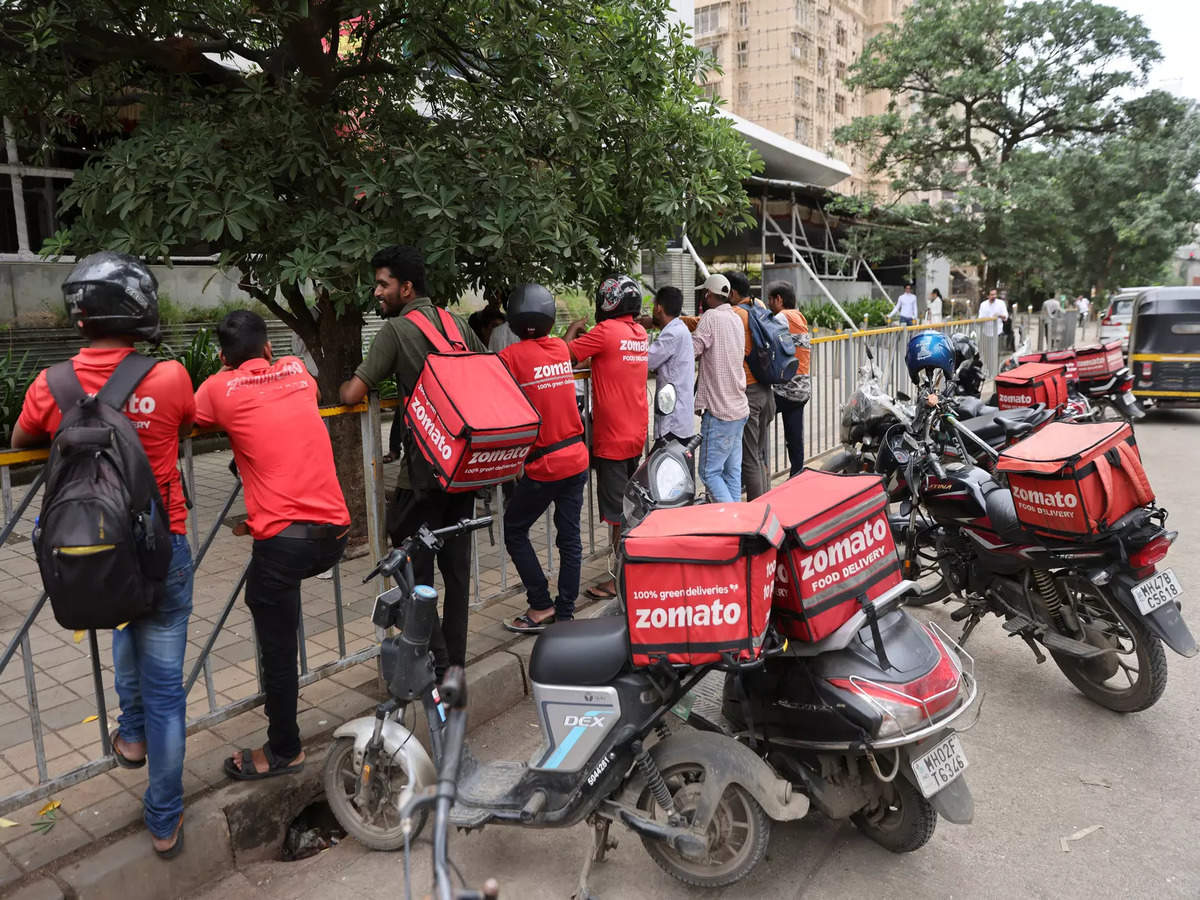
Current Situation:
India's gig economy is booming, with millions of workers turning to platforms like Amazon, Flipkart, Myntra, Nykaa, Ola, Uber, Swiggy, Zomato and UrbanCompany for flexible employment opportunities. As of 2024, it is estimated that over 20 million Indians are engaged in gig work, a number that is estimated to rise up significantly. This surge reflects a broader global trend, driven by technological advancements and the increasing demand for convenience. However, this rapid growth raises an important question: should gig workers in India unionise to protect their rights?
For many, unionisation might appear to be a necessary step forward. Gig workers in India often face precarious working conditions, with limited access to traditional employee benefits such as health insurance, paid leave, and pension schemes. These workers are considered independent contractors, which means they lack the security and protections that come with formal employment. The power imbalance between gig workers and the companies they work for is significant, with platforms setting the terms of work, pay rates, and job availability. Unionisation could offer a way for gig workers to collectively negotiate better terms, providing them with a stronger voice and greater bargaining power.
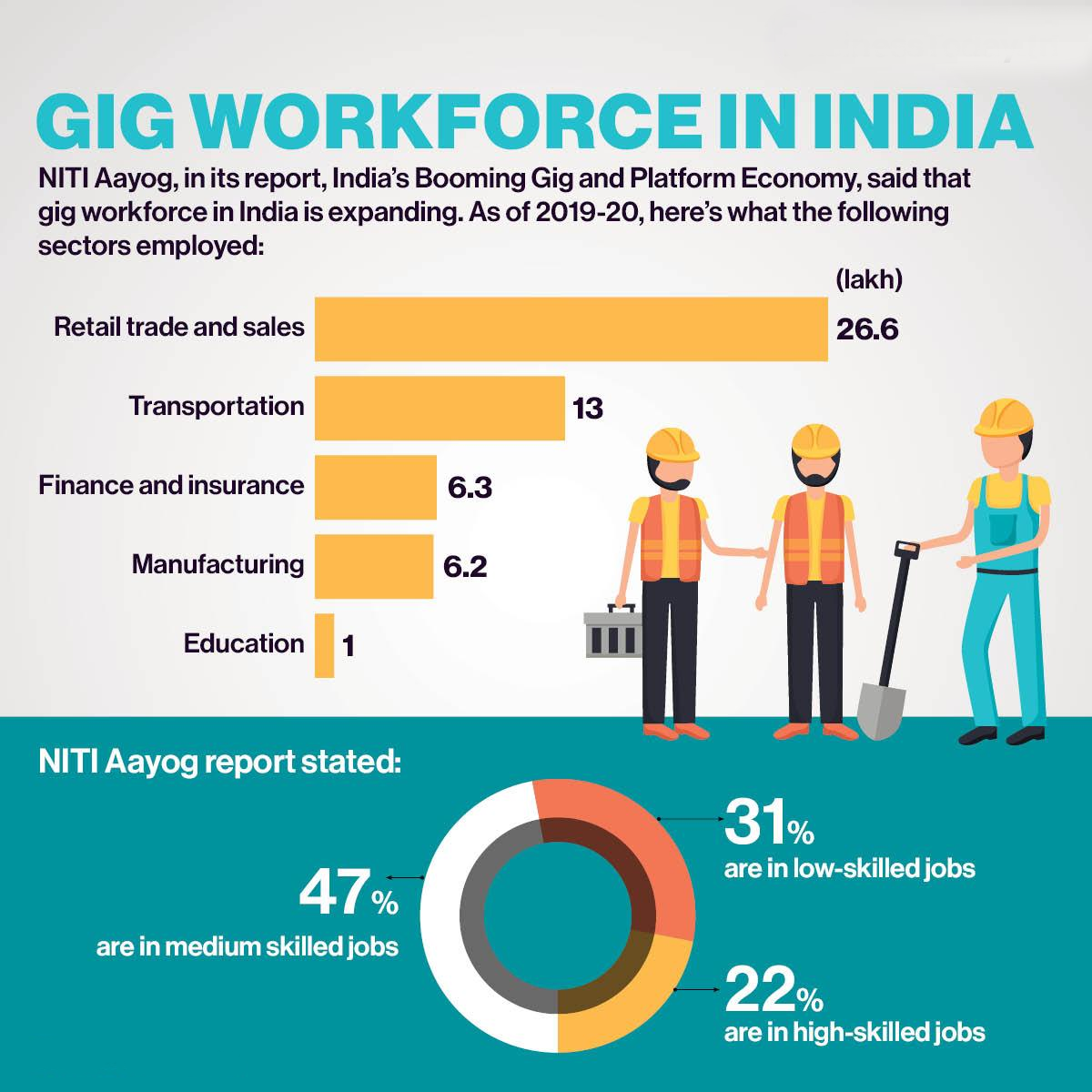
How does the Indian Law define a ‘Gig Worker’?
A gig worker is someone who takes on short-term or temporary jobs, often working as an independent contractor rather than as a traditional employee. Instead of having a permanent position with a company, gig workers engage in a range of tasks or projects, getting paid for each individual job they complete.
In India, the term "gig worker" is officially defined under the Code on Social Security, 2020. Specifically, Section 2(35) describes a gig worker as an individual who performs work independently and earns from these activities outside of a conventional employer-employee setup. This broad definition covers a variety of roles. For instance, it includes ride-sharing drivers who transport passengers, food delivery couriers who bring meals to customers, freelance writers who create content for different clients, graphic designers who work on visual projects, and many other professionals who offer their services on a per-project basis.
This flexibility allows gig workers to choose their jobs and manage their own schedules, but it also means they often miss out on the benefits and stability associated with traditional employment.

What are Worker Unions, and Why are They Necessary?
Worker unions, also known as labor unions, are organisations formed by employees in a particular industry or occupation to represent their collective interests. These unions negotiate with employers on behalf of the workers to secure better wages, benefits, working conditions, and job security. The primary purpose of unions is to provide a collective voice for workers, allowing them to advocate for their rights and interests more effectively than they could individually.
In the context of India’s labor market, where a significant portion of the workforce is engaged in informal and gig work, unions play a crucial role. They are necessary for several reasons:
1. Protection Against Exploitation: In industries where workers are seen as easily replaceable, there is a higher risk of exploitation. Unions help protect workers from unfair treatment, such as low wages, long hours, and unsafe working conditions. In the gig economy, where workers are often classified as independent contractors, unions can advocate for minimum wage standards and enforce labor laws that might otherwise be ignored.
2. Collective Bargaining Power: Individual gig workers have little power to negotiate better terms with large corporations. However, by banding together, workers can negotiate collectively, increasing their bargaining power. This can lead to more favourable outcomes, such as higher pay rates, better benefits, and more predictable work schedules. Collective bargaining ensures that workers have a say in the terms of their employment.
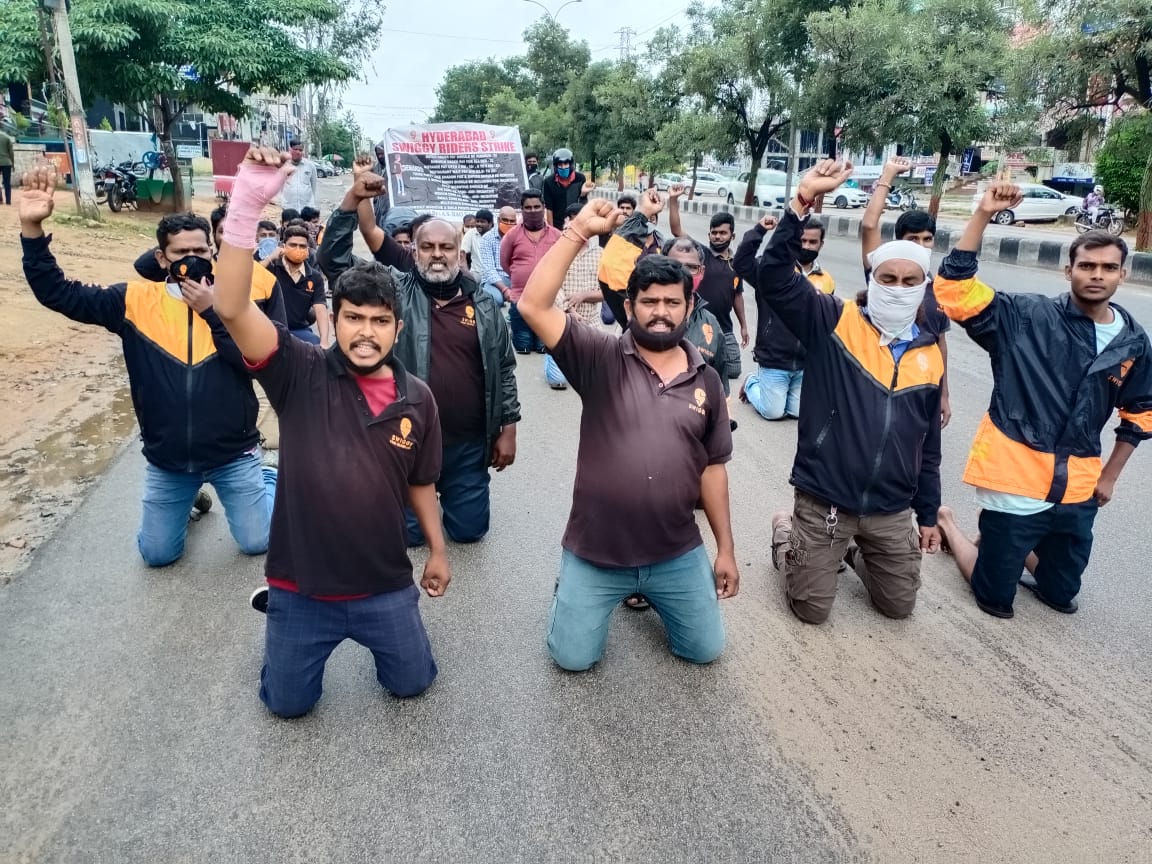
3. Legal Support and Advocacy: Unions provide workers with legal support, helping them navigate disputes with employers and understand their rights under labor laws. In a country like India, where legal literacy is often low among informal workers, unions can serve as a vital resource, ensuring that workers are not taken advantage of due to a lack of knowledge.
4. Economic and Social Stability: By advocating for fair wages and working conditions, unions contribute to the economic stability of their members. This stability, in turn, benefits the broader economy. Workers who earn fair wages are more likely to spend money, contributing to economic growth. Additionally, social stability is enhanced when workers feel secure and valued in their jobs, reducing the likelihood of strikes and protests.
5. Empowerment and Solidarity: Unions foster a sense of solidarity among workers, empowering them to take collective action to improve their circumstances. This solidarity is particularly important in the gig economy, where workers often feel isolated and disconnected from one another. Unions can help build a sense of community, making workers feel supported and understood.
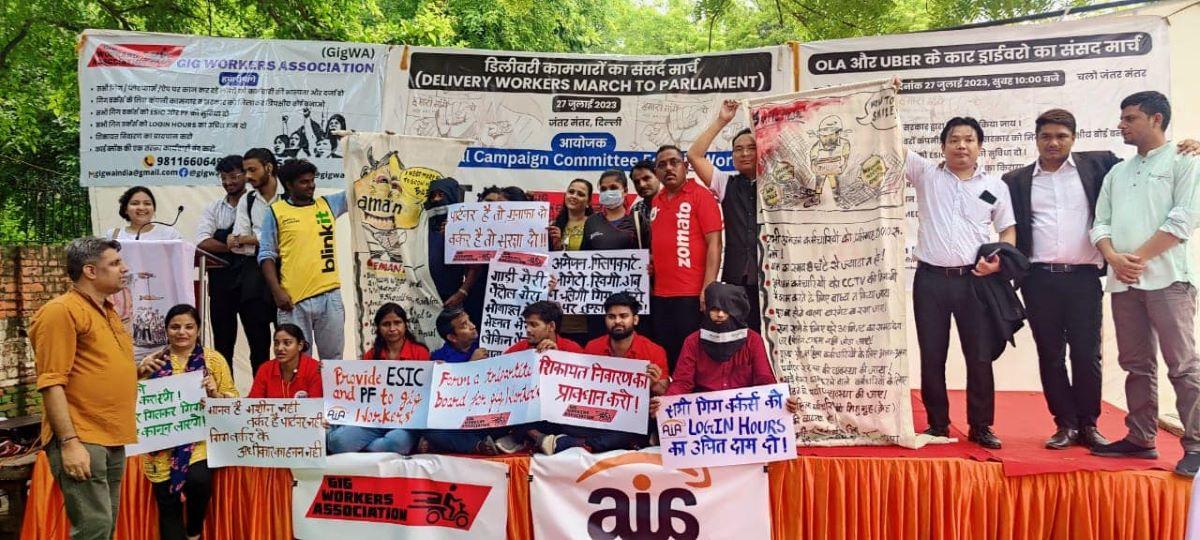
Worker Protection Laws for Gig Workers:
India's labour laws have evolved to address the needs of workers in the unorganised sector, including those in the gig economy. Among these changes is the Code on Social Security, 2020, a landmark piece of legislation that consolidates nine previous laws into one comprehensive framework. This code was introduced based on recommendations from the Second National Labour Commission, aiming to streamline and enhance the social security system for workers.
The Code on Social Security defines several categories of workers. According to Section 2(86), an "Unorganised Worker" is someone working in the informal sector without formal employment contracts. Section 2(75) describes a "Self-Employed Worker," while Section 2(61) covers "Platform Workers," who engage in tasks through digital platforms. To oversee and recommend policies for these workers, the code establishes a National Social Security Board under Section 6. This board is responsible for proposing suitable schemes and ensuring that the rights and benefits of unorganised and gig workers are addressed.
In addition to the Code on Social Security, the Industrial Relations Code, 2020 introduces another significant reform. This code replaces three older labour regulations and seeks to simplify and unify the management of industrial relations. It covers various aspects such as employment terms, dismissal procedures, strikes, lockouts, collective bargaining, and dispute resolution. While the code applies to all employees, including gig and platform workers, these workers do not receive the same level of protection as traditional employees. The code does not explicitly categorize gig and platform workers as either labourers or employees, leaving some gaps in their rights and protections.
Recent legislative efforts, like the Code on Wages, 2019, and the Code on Social Security, 2020, represent a positive step towards addressing the unique needs of freelance and gig workers. These laws aim to offer essential safeguards, including minimum wage standards, social security benefits, and compensation for accidents. Despite these advancements, the enforcement of such protections remains inconsistent, largely due to the evolving nature of the gig economy.
Older regulations, such as the Contract Labour Act, 1970, and the Employment Compensation Act, 1923, might apply to contract workers, but their relevance and effectiveness in the modern gig economy are still under review. The application of these laws to the freelance sector remains uncertain, leaving many workers vulnerable to exploitation and a lack of fundamental labour rights.
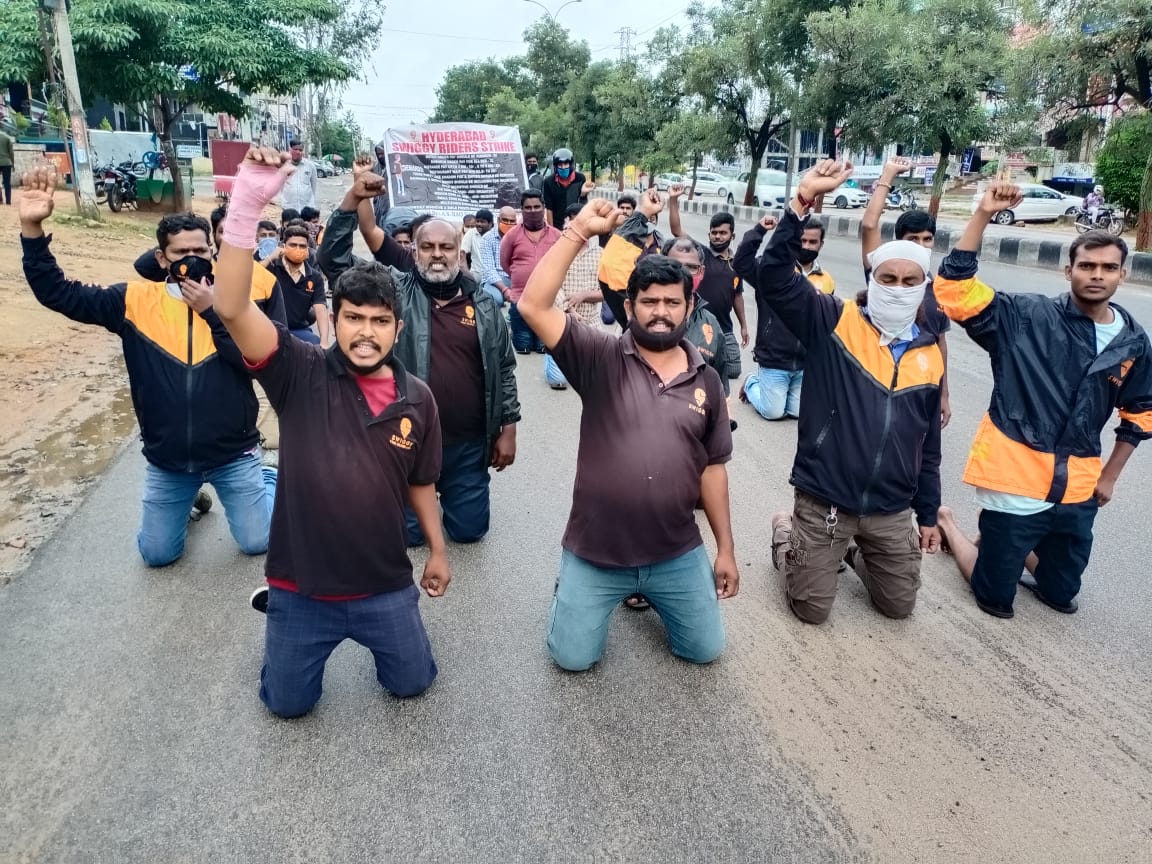
Progress or just the illusion of it?
There have been successful efforts towards unionisation in the gig economy across the globe, and even in India, there are examples of informal organising. For instance, delivery drivers in cities like Mumbai and Bangalore have staged protests demanding better pay and working conditions. These efforts highlight the potential for collective action to bring about positive change, suggesting that unionisation could lead to improved stability and predictability for gig workers.
However, the case against unionisation in India is also compelling. One of the main attractions of gig work is the flexibility it offers, which is particularly important in a country with a large informal workforce and a high demand for flexible job options. Unionisation might impose rigid structures that could limit this flexibility, making gig work less attractive. From a business perspective, the additional costs associated with unionised labor could threaten the viability of gig companies, potentially leading to job losses or reduced opportunities. This is a significant concern in a country where employment opportunities are already limited.
A Legally Grey Area:
The diverse needs of gig workers in India add another layer of complexity. While some workers may prioritise job security and benefits, others might value the autonomy and lack of long-term commitment that gig work offers. These differences make it challenging to adopt a one-size-fits-all solution through unionisation. In addition, India's labor market is characterised by high levels of informal employment, making the implementation and enforcement of unionised structures more difficult.
An alternative approach could involve exploring hybrid models that combine flexibility with worker protections. For example, gig worker cooperatives could offer a way for workers to have a say in the operation of the company while maintaining the freedom that gig work provides. Additionally, some gig platforms in India have started to offer voluntary benefits, such as insurance packages or emergency funds, without formal unionisation. These initiatives represent a middle ground, balancing the need for worker rights with the operational realities of the gig economy.

While unionisation could provide much-needed protections for gig workers in India, it also presents challenges, particularly in maintaining the flexibility that is central to the appeal of gig work. The future of work in India's gig economy likely lies in a combination of approaches, including unionisation, regulatory changes, and voluntary initiatives by companies. As the gig economy continues to grow, so too will the demand for worker rights. How India chooses to address these demands will shape the future of work for millions, requiring a nuanced approach that considers the unique needs and challenges of the Indian workforce.


























